K12 Climate Action: A Step Towards a Greener Future
Key Points
-
Students are hungry to come together and make a better world.
-
Network building is a key part of combating the climate crisis. There are a number of ways to get involved.
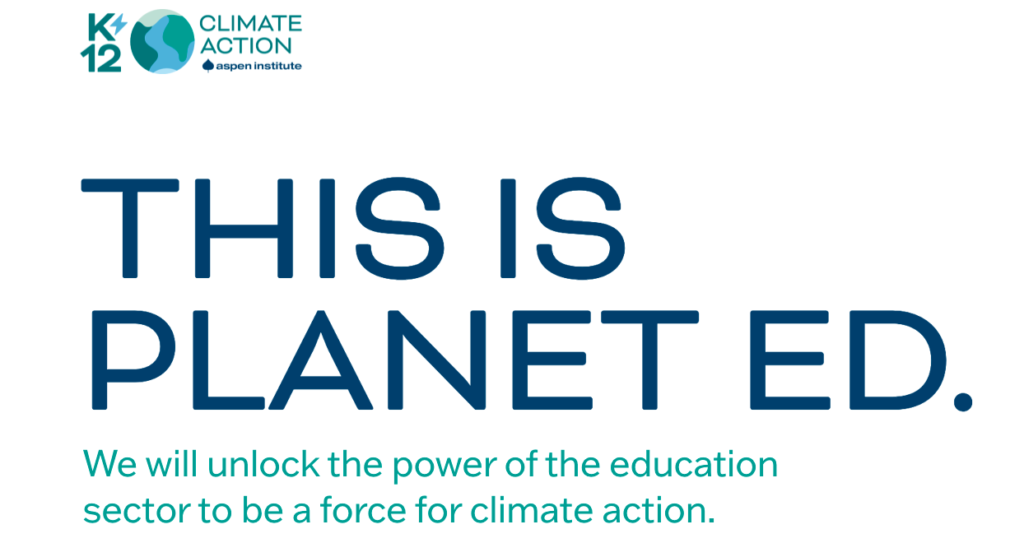
“The American education system serves over seven billion meals annually with related food waste. Schools operate one of the largest mass transportation fleets in the country, with over 480,000 diesel school buses, and schools are one of the largest public energy consumers.”
These were the words that Bridget Long, Dean and Saris Professor of Economics of Harvard Graduate School of Education used to kick-off a recent Education Forum about how the education sector can be a force toward climate solutions and environmental justice.
The guest speakers for this event were John King Jr., President and CEO, The Education Trust and former U.S. Secretary of Education; Pedro Martinez, CEO, Chicago Public Schools; and Becky Pringle, President, National Education Association. Each of these guests is also a member of an Aspen Institute bipartisan commission that recently released a K12 Climate Action Plan.
These guests were united in both their concerns and their hopes for the future. Early in the conversation, John King Jr. expressed the fact that “sadly, we’re going to have more of these climate change crises, and schools are going to have a critical role to play in terms of community resilience.”
We have been thinking a lot about sustainability mindset and green schools and loved the way that this group of speakers prioritized student voice. One notable moment from the forum was when the speakers fielded a question from a high schooler in the audience who was looking for ways to build a network of young people who are passionate about combating climate.
The Aspen Institute put out a guide called Climate Action Plan: Key Questions to Get Started which serves as a valuable toolkit to self-assess your district and community for sustainability readiness. It prioritizes facilities and operations as well as more well-being centric questions.
All of us deserve that right to pursue happiness, and we can’t do that if we can’t breathe clean air, if we can’t drink clean water, if a natural disaster wipes us out every time.
Becky Pringle
To close, Becky Pringle said, “Rolling in my head is the poetry of the Constitution. We the people, we the people, we the people,” she said. “All of us deserve that right to pursue happiness, and we can’t do that if we can’t breathe clean air, if we can’t drink clean water, if a natural disaster wipes us out every time.”
We also recently had a conversation with Staci Jasin who represents the Harvard Graduate School of Education in the Climate Leaders Program at Harvard University and serves on the council for student sustainability leaders. She said “there’s this balance between teaching science and teaching a deep sense of place and appreciation of natural systems. We need to leverage caring about science to motivate young people to learn about it.”
Staci also echoed many of the points made by Aspen Institute commission noting the importance in considering a whole person approach to climate and the importance of collaboration. The Climate Leaders Program helps to gather students across disciplines and mobilizes them towards positive climate impact. “We’re creating a collective. We’re creating a more collective voice and using that voice we’re beginning to solve problems.”
It is hard to overstate the magnitude of climate change, and it is harder still to drive the urgency while being careful not to send young people, and heck, even ourselves, into a panic. This forum and the commission implemented by Aspen Institute is looking toward a brighter, connected future of changemakers at all levels of the schooling system.
Download the questions, watch the forum and let us know how you are going to take the next step in the comments below!
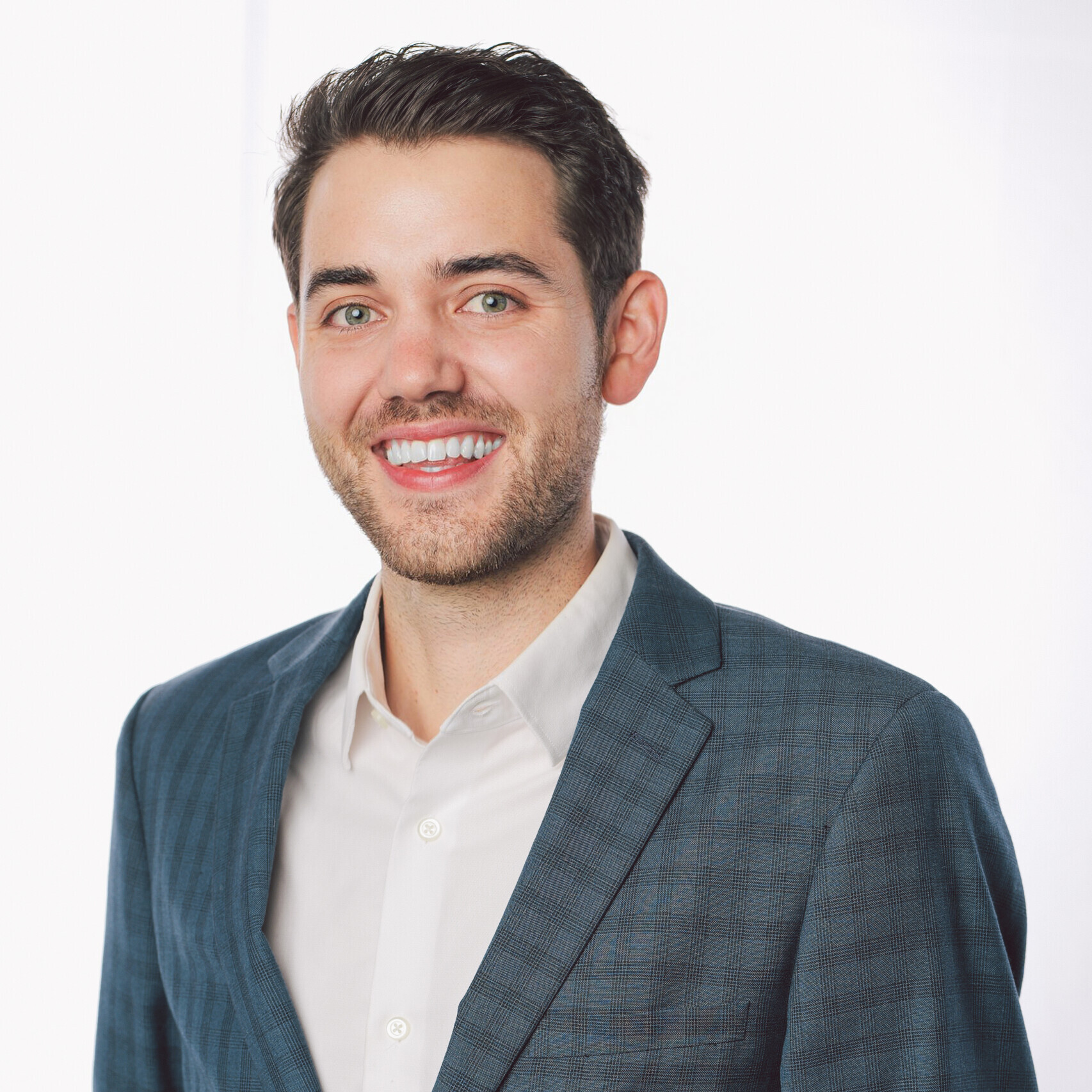

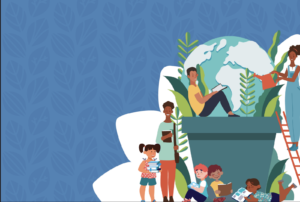
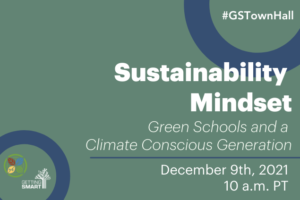
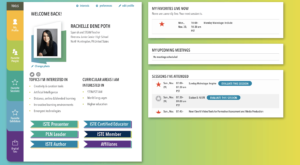
0 Comments
Leave a Comment
Your email address will not be published. All fields are required.